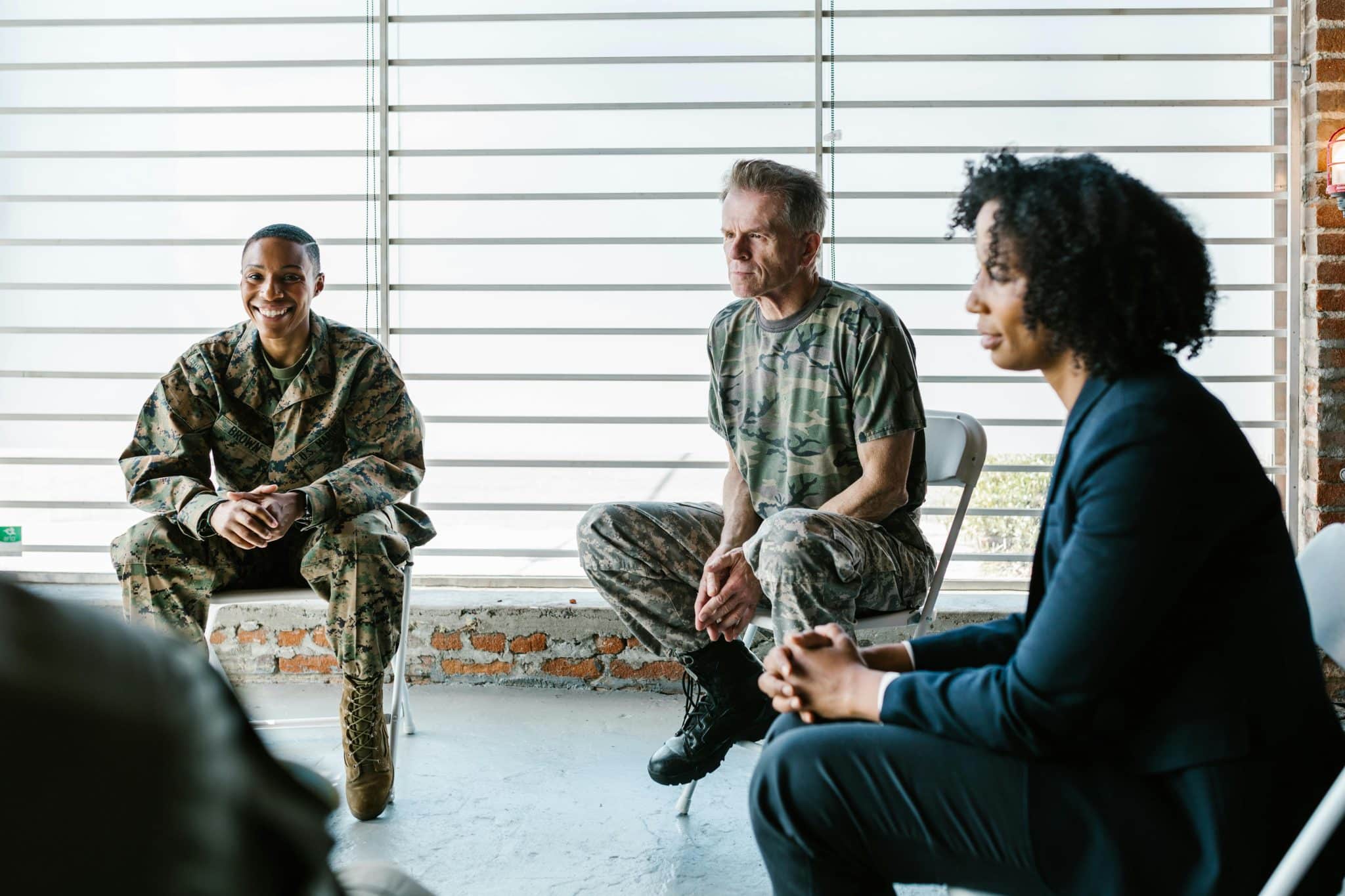Military Families: Supporting Students in Transition
As a content writer professional in Google SEO, it’s important to write articles that not only capture readers’ attention but also provide value and insight. In this article, we will delve into the topic of supporting students from military families in transition. Military families often face unique challenges when moving to a new location, and it’s imperative that schools and communities provide the necessary support to ensure a smooth transition for these students. From understanding the challenges they face to implementing effective strategies, read on to learn more about how we can support military families in transition.
The Challenges Military Families Face During Transition
Military families are no strangers to frequent moves, with an average of 2-3 relocations during their service. This can cause disruptions to a student’s education, friendships, and overall well-being. In addition, military children may have to adapt to different school systems, curriculum, and cultures with each move. This can often lead to feelings of isolation and difficulties in making new friends.
Moreover, due to the nature of their parents’ job, military children may also face the potential deployment or reintegration of a parent, which can be emotionally challenging. These unique challenges can have a significant impact on a student’s academic performance and overall adjustment to a new school and community.
Understanding the Needs of Military Students
Providing a Sense of Belonging
One of the most crucial aspects of supporting students from military families in transition is creating a sense of belonging. Military children often have to leave behind friends and familiar surroundings, which can make them feel like they don’t fit in. Schools can help by creating programs and activities that promote inclusivity and encourage students to build connections with their peers. This can be achieved through buddy systems, peer mentoring, or extracurricular activities that cater to the interests of military children.
Providing Academic Support
With each move, military children may have to adjust to a different curriculum or instructional style. This can be overwhelming, especially for students with learning difficulties. Schools can provide academic support by offering tutoring or extra help sessions, ensuring that military students receive the necessary resources to succeed in their academics.
Effective Strategies for Supporting Military Families in Transition
Establishing Partnerships with Military Installations
Schools can work closely with military installations in their area to provide support and resources to military families in transition. This can include organizing school visits or meet-and-greets for incoming students and their families to familiarize them with their new school and community. Schools can also collaborate with military health and family support services to provide guidance and assistance to students and their families.
Providing Transition Support Groups
Transition support groups can be highly beneficial for military students in dealing with the emotional challenges of frequent moves. These groups can provide a safe space for students to share their experiences, build new friendships, and receive support from their peers. Schools can partner with community organizations or mental health professionals to establish and facilitate these support groups.
In Conclusion
Military families make immense sacrifices to serve their country, and it’s crucial that we provide them with the support they need during times of transition. By understanding the unique challenges military children face and implementing effective strategies, we can ensure that these students receive the support and resources they need to succeed in their academic and personal lives. Let’s work together to create a supportive and inclusive environment for military families in our communities.










